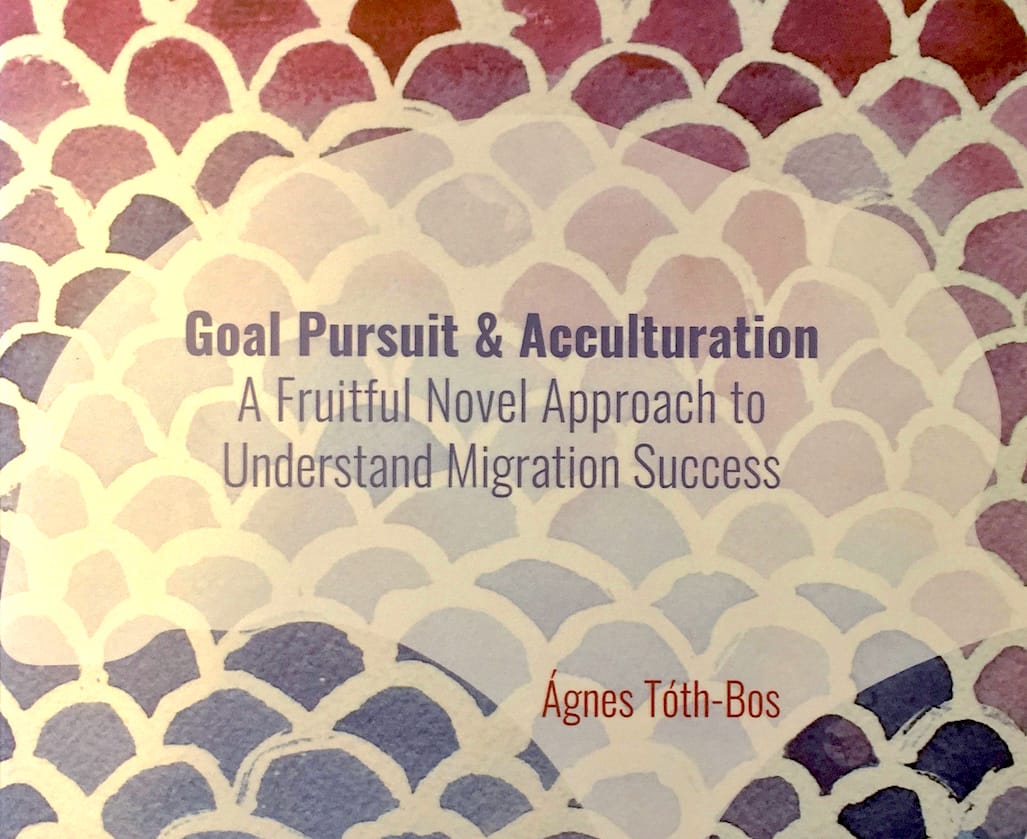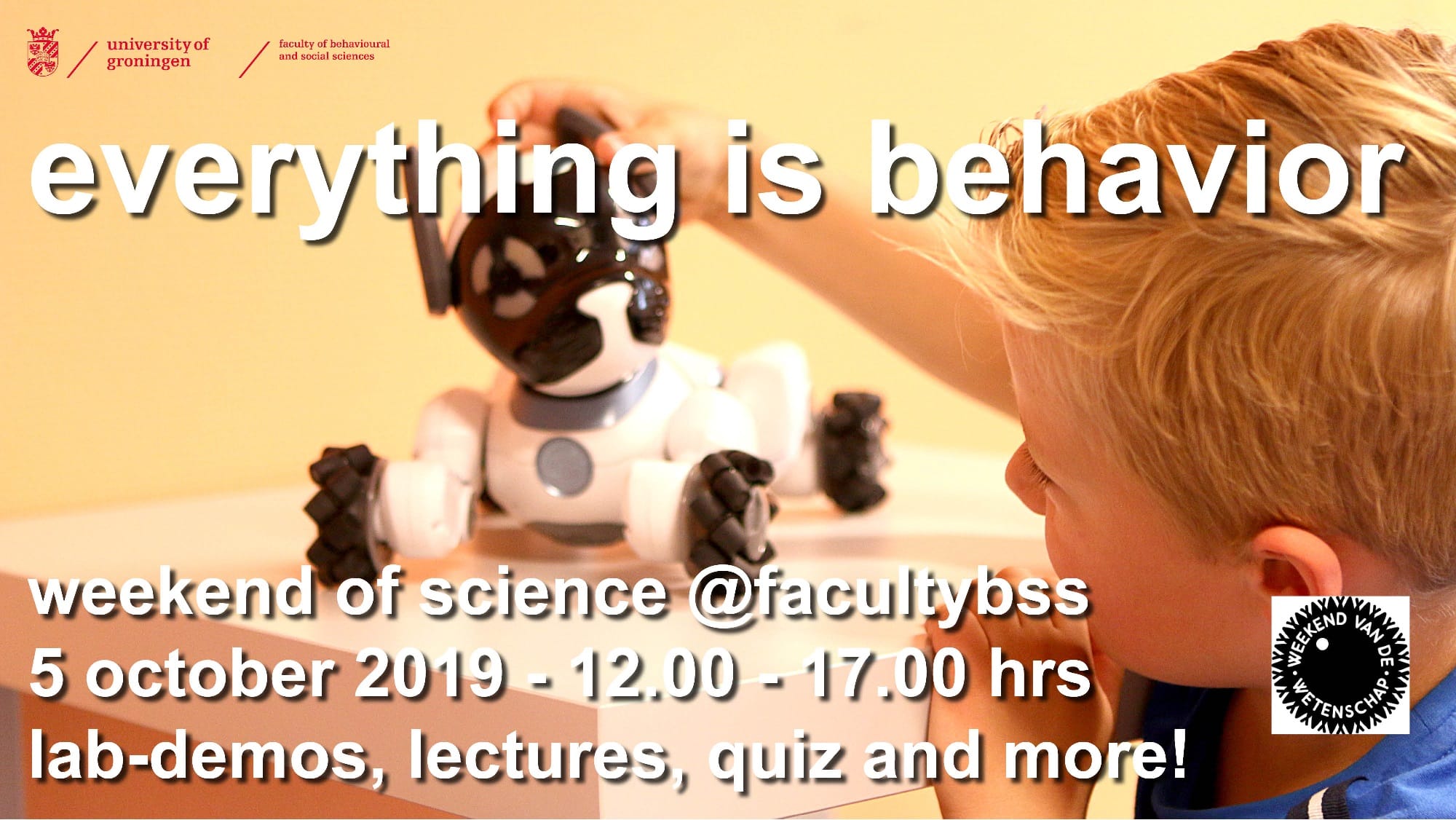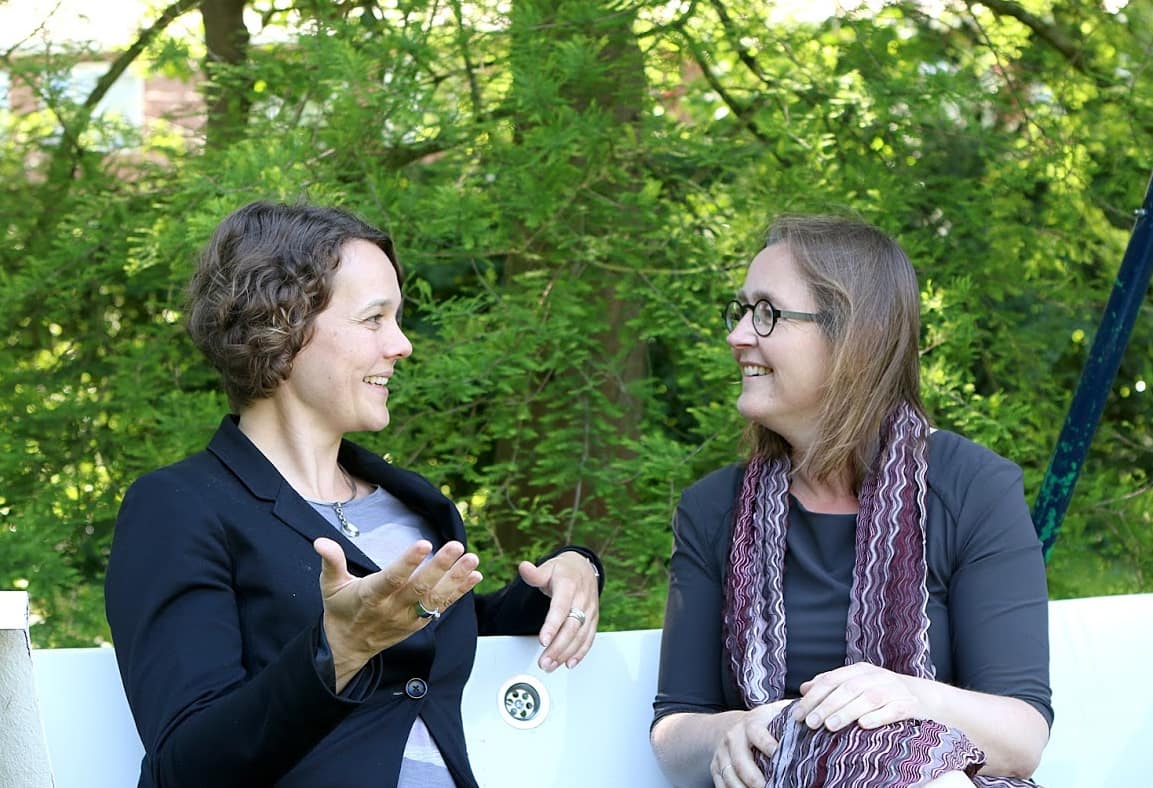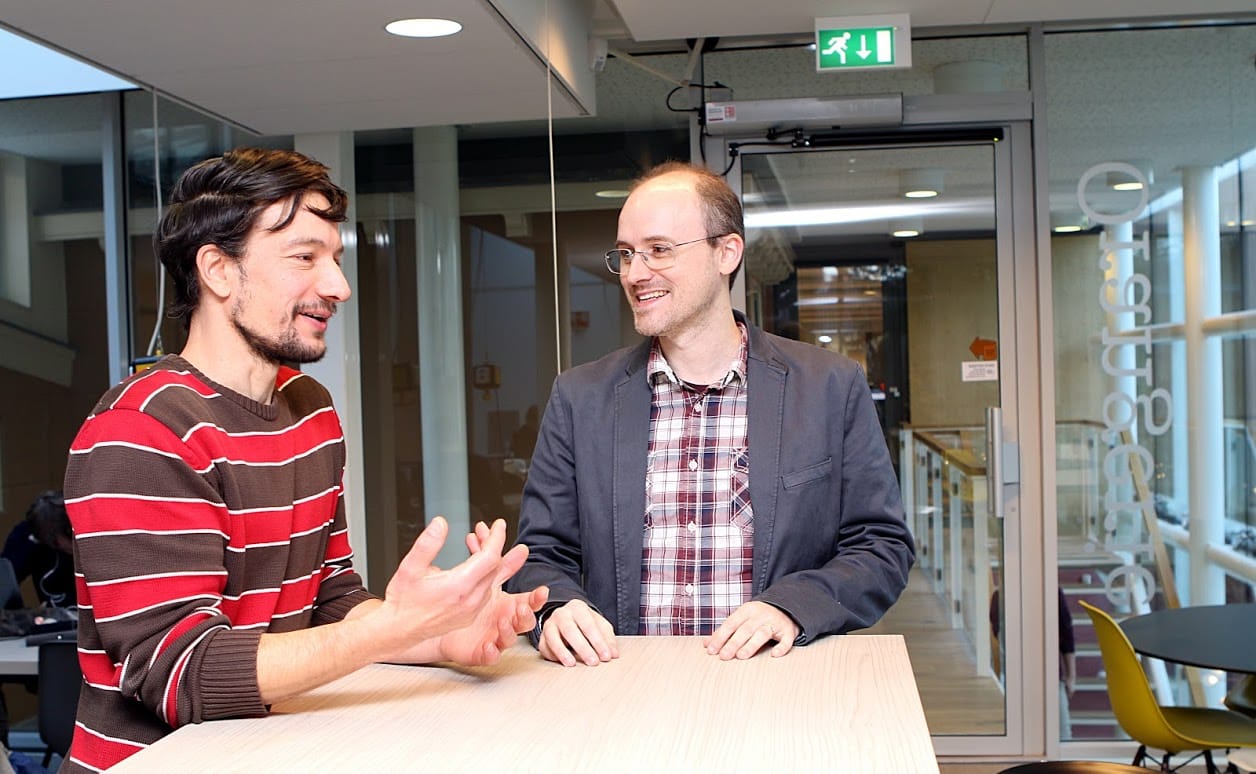It is sometimes said that migrants should work on their acculturation in the host country in order to realize their goals. In her PhD dissertation, which she succesfully defended last November, Ágnes Tóth argues that this relation may actually work the other way around.
The 2019 Nobel Prize in Chemistry has been awarded to the inventors of the lithium-ion battery. This innovation has the potential to revolutionize our energy-hungry society and to help us break free from our carbon addiction. But will it? Isn’t our obsession with innovation the disease, rather than the cure?
On October 5th 2019, the Faculty opens her doors to showcase her ongoing research, during the national Weekend of Science. Everyone’s invited: neighbors, employees, students, family, friends, etcetera. The title of this year’s edition is “Everything is behavior” (“Alles is Gedrag”).
Amidst the ongoing global phenomenon of population aging, Bibiana Armenta studies processes that affect the well-being of adults who are stepping into old age. Tomorrow, June 21st, she will defend her dissertation in which she outlines how a new identity as an older adult is shaped and in turn shapes the well-being of adults between their 50s and 70s.
Most of us may be horrified by mass shootings, but might some people get inspired by such attacks? We explore how certain gun owners, especially those struggling with failure and fear, could become tempted to perceive their own guns as sources of personal empowerment.
Donald Trump’s ‘covfefe’ tweet has invited ridicule and raised some serious questions (such as ‘what was he thinking?’). However, the most important question has so far remained unasked: can his mistyped tweet be called ‘creative’?
Many hope that Donald Trump will behave appropriately now that he is president –arguably the most powerful position on earth. Research, however, shows that power usually increases the correspondence between people’s internal beliefs, states and traits and their behavior. In Trump’s case this could potentially be unfortunate news.
When do you let your emotions flow freely, and when do you regulate them? Mindwise has selected two University of Groningen experts to answer our most burning questions regarding emotion regulation. Read here the duo-interview with clinical psychologist dr. Maaike Nauta and organisational psychologist dr. Susanne Scheibe.
In September 2016, the Department of Psychology starts five new international master’s tracks. These tracks link psychological knowledge to particular fields of application, to prepare students in the best possible way for the job market in their respective fields. All tracks seem promising, but how do you pick the track that is right for you?
People tend to coordinate their actions, feelings, and thoughts with others in social situations. But how does this work? We asked two experts of our department, Dr. Ralf Cox (Developmental Psychology) and Dr. Pontus Leander (Organizational Psychology), who examine this intriguing topic from two different perspectives.










